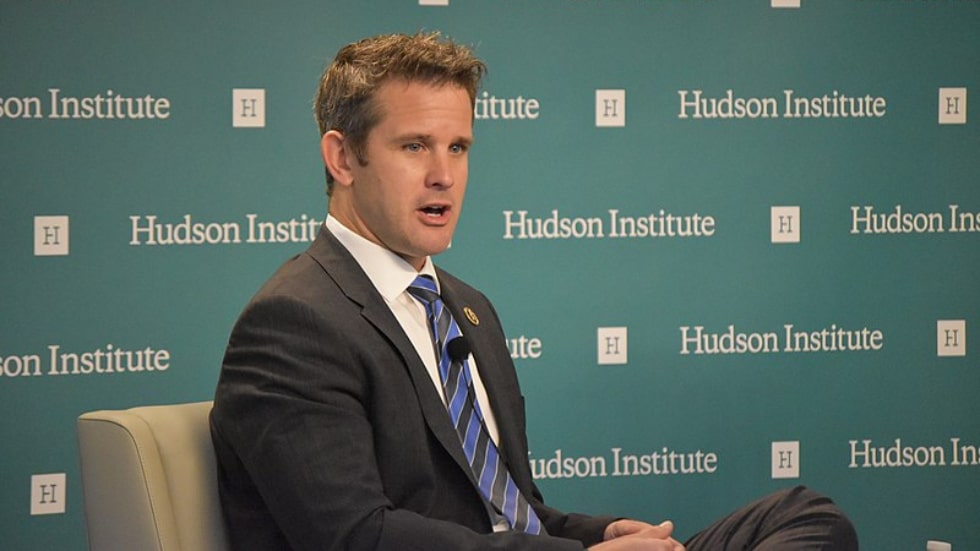Republican Congressman Adam Kinzinger has demanded that Israel “pick a side” amid Russia’s ongoing attack on Ukraine, insisting it cannot remain neutral despite Tel Aviv’s efforts to mediate negotiations and bring an end to the conflict.
The Illinois lawmaker posted a Twitter thread on Sunday arguing that the war in Ukraine is a “battle between Good and Evil” in which “everyone must pick a side,” urging Israel to join a Western sanctions campaign against Russia.
“I deeply support our relationship with Israel. But supporting friends doesn’t mean we look past differences,” he said. “If we don’t want to directly attack Russia, then our leverage is in the world uniting in sanctions and assistance for the people of Ukraine. This includes everyone, and Israel doesn’t have a special exemption.”
Kinzinger elsewhere suggested that future US aid to Israel would depend on its response to Russia’s attack – a rare threat from a GOP rep. who’s long been a vocal supporter of the Jewish State.
Maintaining friendly relations with both Kiev and Moscow, Tel Aviv has been among a small number of nations spearheading diplomacy between the two sides. Turkey has played a similar role given its own ties with Ukraine and Russia, hosting negotiations in the resort city of Antalya in recent weeks.
Since Moscow’s invasion in late February, the US has pressed a number of countries to join the punitive sanctions spree, though some, such as India and China, have declined to go along. Washington has also proposed moves that could disrupt the relationship between Turkey and Russia and potentially hamper negotiations, apparently hoping to persuade Ankara to ‘pick a side.’
Should Israel cave to similar pressure, few powers capable of brokering talks would remain. The Joe Biden administration has signaled that it is not interested in diplomacy, citing a “complete rupture” in bilateral ties with Russia, and while China has shown some interest in mediating a peace deal, its more favorable relations with Moscow may be seen as disqualifying.
Tel Aviv has not only helped to arbitrate communications between Ukraine and Russia, but kept the United States and Europe in the loop as well, with Israel’s top diplomat meeting his US counterpart soon after Prime Minister Naftali Bennett spoke with the leaders of Russia, France and Germany earlier this month. The PM claims it is his “moral duty” to attempt to broker talks, “even if the chances [for success] are not great.”
It remains unclear just how slim those chances are, as Ukraine has indicated it is not satisfied with Bennett’s approach. Following a call on March 8, officials said he “basically [told] us to surrender” and accept Russia’s terms, stating “we have no intention of doing that,” according to Axios. Moscow’s demands include a pledge to remain outside the NATO alliance, ceding control of Crimea and the Donbass, as well as the “demilitarization” and “denazification” of the country. It remains unclear what the two latter points would entail.
Ukrainian President Volodymyr Zelensky was openly critical of Israel on Sunday, slamming officials and lawmakers for “mediation without choosing a side” and for declining to send military aid. He scaled back those comments just a few hours later in a video posted to Telegram, however, voicing hopes that Tel Aviv could play some positive role in ending the war.
“Of course, Israel has its interests, strategy to protect its citizens. We understand all of it,” he said. “The prime minister of Israel, Mr. Bennett, is trying to find a way of holding talks, and we are grateful for this. We are grateful for his efforts so that sooner or later we will begin to have talks with Russia, possibly in Jerusalem. That’s the right place to find peace, if possible.”






























